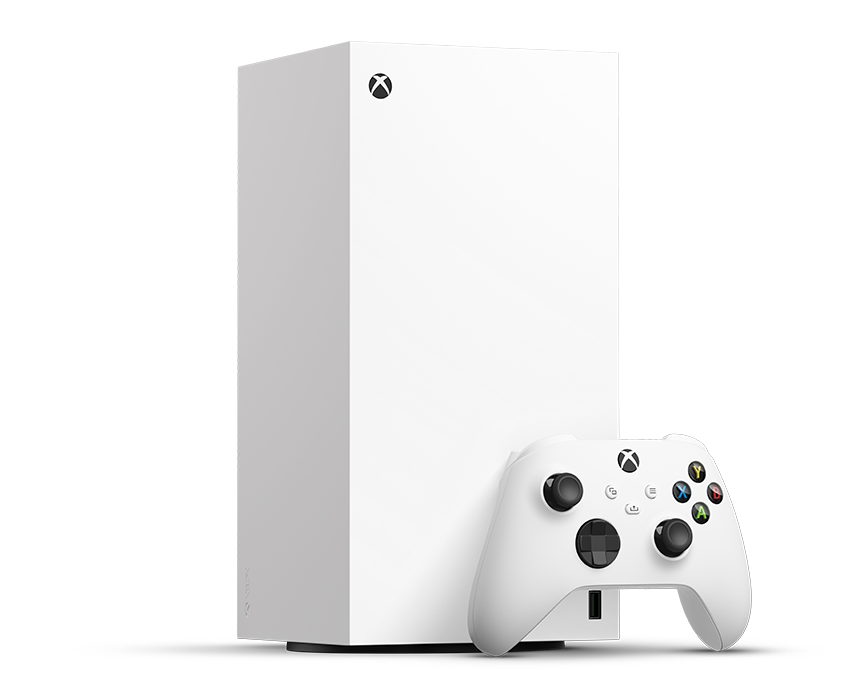Microsoft is marking the fourth anniversary of the Xbox Series' launch with new console versions. These new versions don't feature significant hardware changes, instead offering new colour options, a diskless variant (Digital Edition), and more storage capacity (Galaxy Black Special Edition). However, a “hidden” improvement within the console has made it slightly better than you might have thought…
Contrary to the original console's SoC, which was based on the 7nm process node, the new SoC utilises the same AMD Zen2 and RDNA2 architectures as the original, but it's based on the 6nm process node, as can be seen in the video posted by Austin Evans. On top of that, the cooling system and PCB design have been modified, with the cooler now using less copper, making it 100g lighter.
Based on Austin's analysis, the latest SoC version delivers comparable performance, noise levels, and temperatures but consumes less power. The original system drew 60W at idle, while the newer variants, including the 2TB disc-equipped model, require 51W. The diskless option only needs 39 watts. In Forza Horizon 5, the power consumption difference was evident, with the upgraded systems drawing 11 to 16W less power during gameplay.
Note that while the upgraded Xbox Series X exhibits a noticeable improvement in power efficiency and offers a theoretically more affordable diskless option, it doesn't deliver better performance.
The new consoles are now available for purchase. The two versions are now available, with the Galaxy Black Special Edition with 2 TB going for £549/$599/€649 and the white digital version with 1 TB for £429/$449/€499.
Discuss on our Facebook page, HERE.
KitGuru says: Are you planning to grab one of these new versions of the Xbox Series X? If so, which one are you picking?
 KitGuru KitGuru.net – Tech News | Hardware News | Hardware Reviews | IOS | Mobile | Gaming | Graphics Cards
KitGuru KitGuru.net – Tech News | Hardware News | Hardware Reviews | IOS | Mobile | Gaming | Graphics Cards



